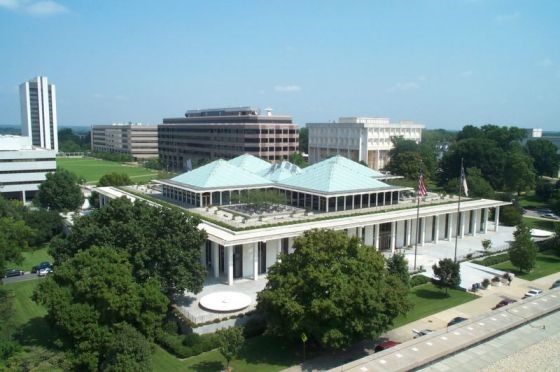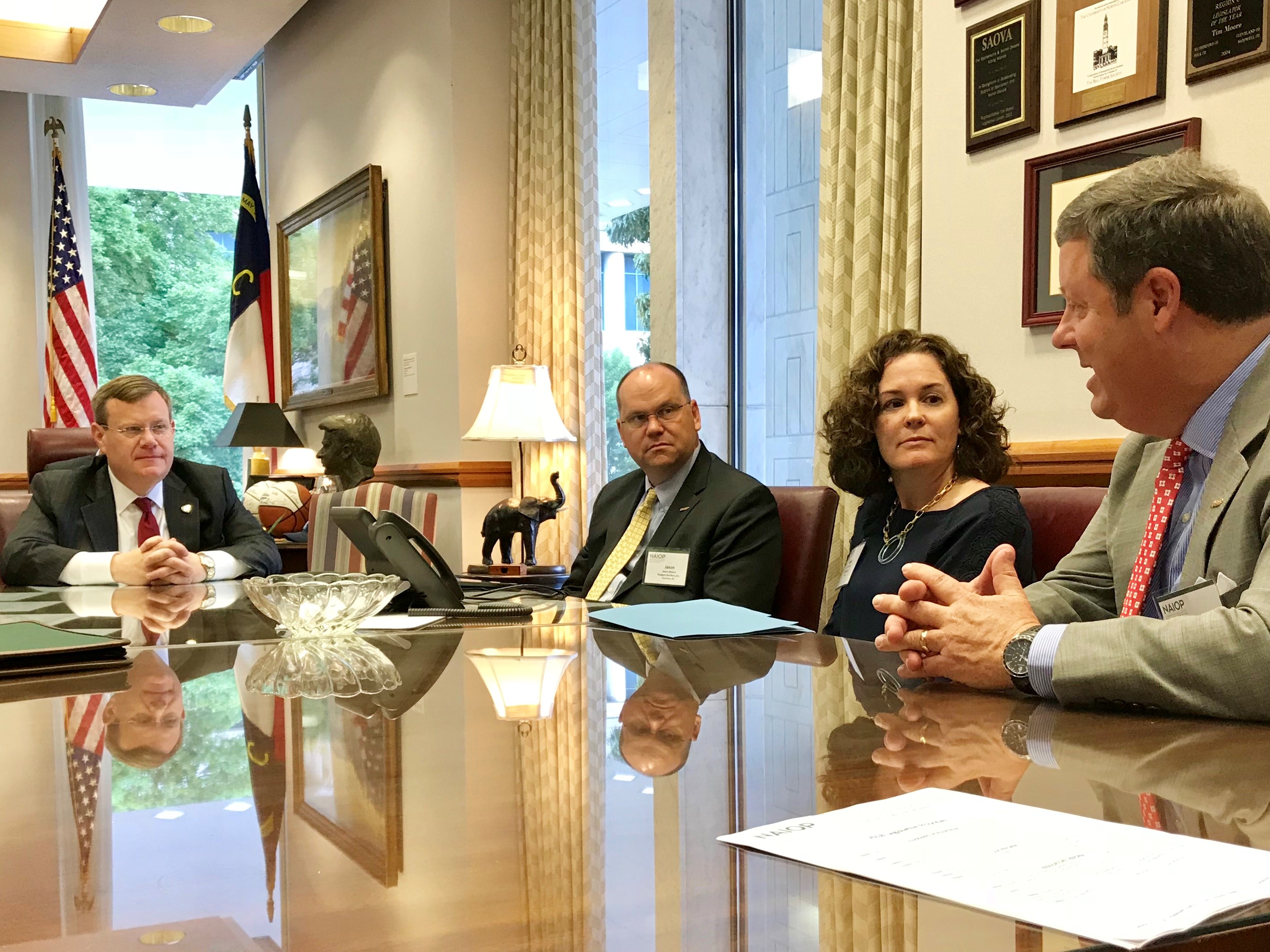Posted on December 11, 2018
Lawmakers return to Washington, D.C., this week to continue their post-election lame-duck session. It isn’t clear exactly what issues they will deal with, but taxes and spending are major concerns.
Posted on December 11, 2018
Lawmakers return to Washington, D.C., this week to continue their post-election lame-duck session. It isn’t clear exactly what issues they will deal with, but taxes and spending are major concerns.
Posted on November 7, 2018
President Donald Trump and Republican lawmakers are promising to pass legislation to deliver further tax relief for the middle class.
Posted on November 5, 2018
Date: November 20, 2018
Day/Time: 2-2:45 p.m. ET
Location: Your Office
Format: Webinar
Posted on October 30, 2018
By Joe Padilla
Posted October 25, 2018
Potential investors are getting some clarity about how they may use Opportunity Zones to reduce their capital gains taxes. Last week, the Department of the Treasury released proposed rules for the zones, which were created as part of last year’s tax reform bill. Earlier this year, Treasury had approved opportunity zones – communities that have been identified as economically disadvantaged – in all 50 states, the District of Columbia and five U.S. territories.
Posted on October 16, 2018
REBIC has put together an Election Guide to help you cast your vote for candidates who support the real estate industry.
Posted on October 12, 2018
Lawmakers in both parties are beginning to understand the real-world consequences of a drafting error in the 2017 Tax Cuts and Jobs Act and are asking for a fix. Last week, a group of 12 Senate Democrats sent a letter to Treasury Secretary Steven Mnuchin urging action on the tax treatment of Qualified Improvement Property (QIP). A similar letter from 58 House Republicans was also delivered to Speaker Paul Ryan.
Posted on September 5, 2018
A total of 283 groups including NAIOP are asking the Trump administration to swiftly address particular drafting errors that were made in the Tax Cuts and Jobs Act before it was signed into law last year. In a letter sent to Treasury Secretary Steven Mnuchin, the groups asked specifically about two provisions: those dealing with qualified improvement property (QIP) and net operating losses (NOL).
Posted on August 6, 2018
Just hours before coverage was set to lapse for thousands of homeowners, the Senate approved a bill Tuesday to keep the National Flood Insurance Program operating for four more months. President Donald Trump is expected to sign the bill—which cleared the House last week—into law before midnight Tuesday, when the program expires.
Posted on July 2, 2018
The U.S. Supreme Court ruled in South Dakota v. Wayfair, Inc. that states may collect sales taxes from online retailers, even if those sellers do not have a physical location in the state. That reverses a decision the Court had made in 1992 in Quill Corp. v. North Dakota.
Posted June 27, 2018
As the North Carolina General Assembly winds down an unusually short Short Session in Raleigh, Realtors®, home builders, property managers and developers are looking at some legislative victories — along with some unfinished business.
Posted on June 25, 2018
 The North Carolina General Assembly approved last week's legislation that would make substantive reforms to local building permitting and inspection processes both Mecklenburg County and statewide.
The North Carolina General Assembly approved last week's legislation that would make substantive reforms to local building permitting and inspection processes both Mecklenburg County and statewide.
 On May 30, 2018, the three chapters of NAIOP North Carolina, visited capitol hill to advocate. A special thanks to Jason Moore (Charlotte Legislative Committee Chair) and Joe Padilla (REBIC) for helping coordinate visits with legislators to speak about the commercial real estate perspective. While this is a short session (this means the time of the session is short, but also that new legislation cannot be introduced), it is of critical importance the state senators and representatives know who NAIOP is and what we represent.
On May 30, 2018, the three chapters of NAIOP North Carolina, visited capitol hill to advocate. A special thanks to Jason Moore (Charlotte Legislative Committee Chair) and Joe Padilla (REBIC) for helping coordinate visits with legislators to speak about the commercial real estate perspective. While this is a short session (this means the time of the session is short, but also that new legislation cannot be introduced), it is of critical importance the state senators and representatives know who NAIOP is and what we represent.
Posted on May 25, 2018
Yesterday, President Donald Trump signed the Economic Growth, Regulatory Relief, and Consumer Protection Act into law. This reform legislation includes NAIOP-supported provisions that ensure there is adequate capital availability for commercial construction financing.
Posted on May 4, 2018
The Supreme Court is expected to issue a decision by the end of June in South Dakota v. Wayfair, Inc., et al, a case that could change how sales taxes are collected on Internet purchases.
Posted on April 24, 2018
The REBIC Primary Election Voter Guide is now available. View below or click here to view.
Posted on April 9, 2018
Last week, President Donald Trump hosted a campaign-style event in Ohio to discuss his infrastructure plan. The White House Council of Economic Advisers says that, if implemented, the plan could put more than 400,000 people to work over the next decade. Infrastructure and transportation is a legislative priority for NAIOP in 2018.
Posted on March 27, 2018
Senators took a positive step last week, with an overwhelming vote to begin reforming the 2010 Dodd-Frank banking law. The measure, S. 2155, passed on a 67-31 vote, with support from members on both sides of the political aisle.
Posted on March 13, 2018
A recent Advantage Series webinar helped members understand the implications of the new 2018 Tax Reform law, thanks to Crystal Christenson of the accounting firm Wipfli, LLC.
Posted on February 26, 2018
Last week, the House of Representatives passed H.R. 620, a bill to improve the Americans with Disabilities Act (ADA) by reducing opportunities for people to file nuisance lawsuits under the law. The legislation, which allows property owners to fix any alleged violations while keeping penalties in place for businesses that remain in noncompliance, passed 225-192 and will now move to the Senate.